The MCLamBS slab prototype, measuring 25 square meters, consists of 6-meter-long prefabricated pieces made of laminated pine, poplar and fir wood beams and a concrete slab. Made by members of UIMA in collaboration with Hormigones Lastra at the IFAPA-Granada facilities.
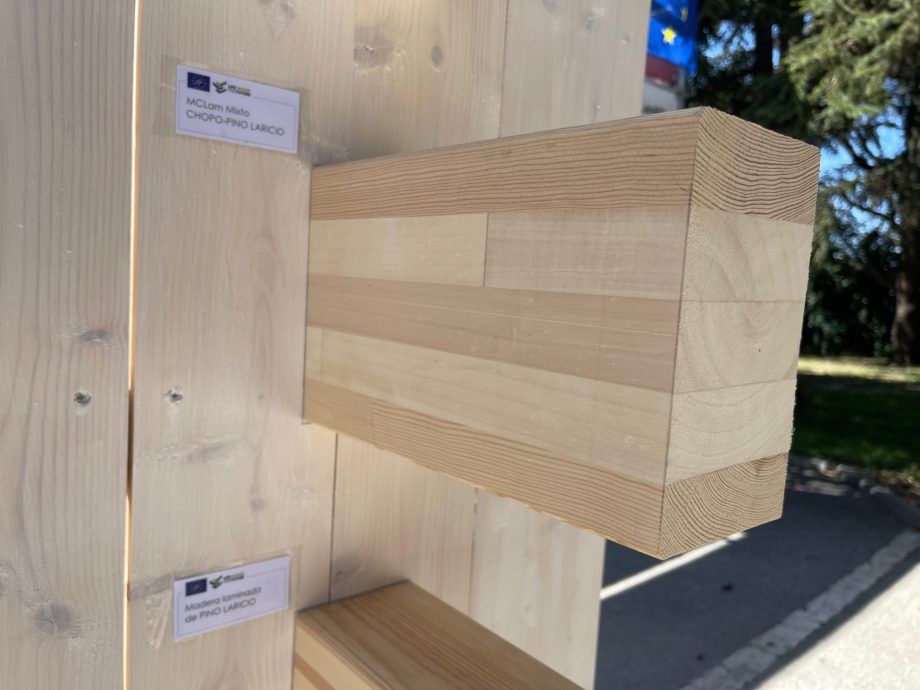
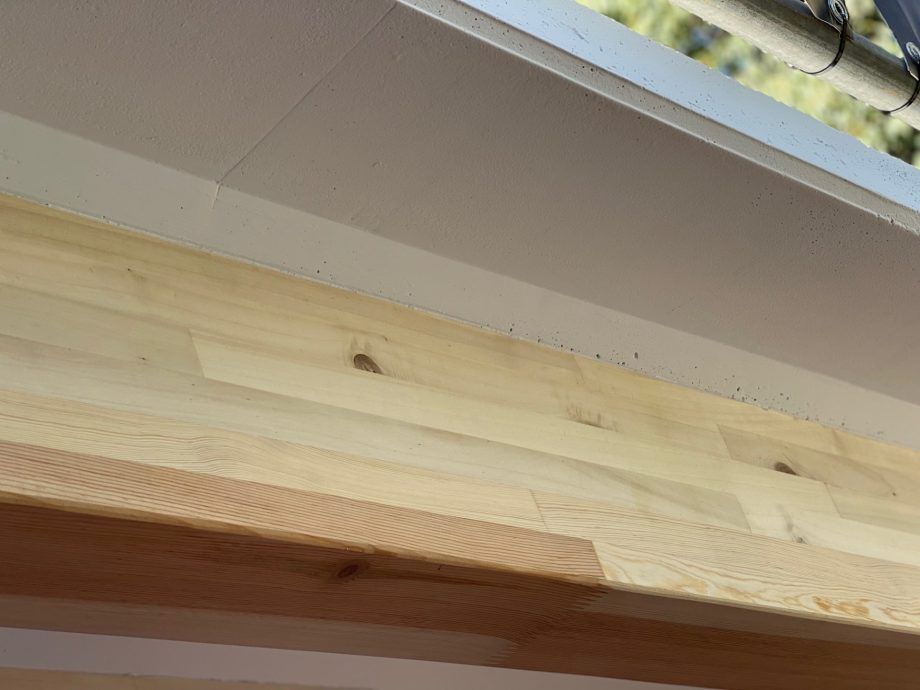 MCLamBS is a lightweight system adapted to EU decarbonization requirements, ready to be installed by crane on site. Photos ©Madera-Sostenible.
MCLamBS is a lightweight system adapted to EU decarbonization requirements, ready to be installed by crane on site. Photos ©Madera-Sostenible.
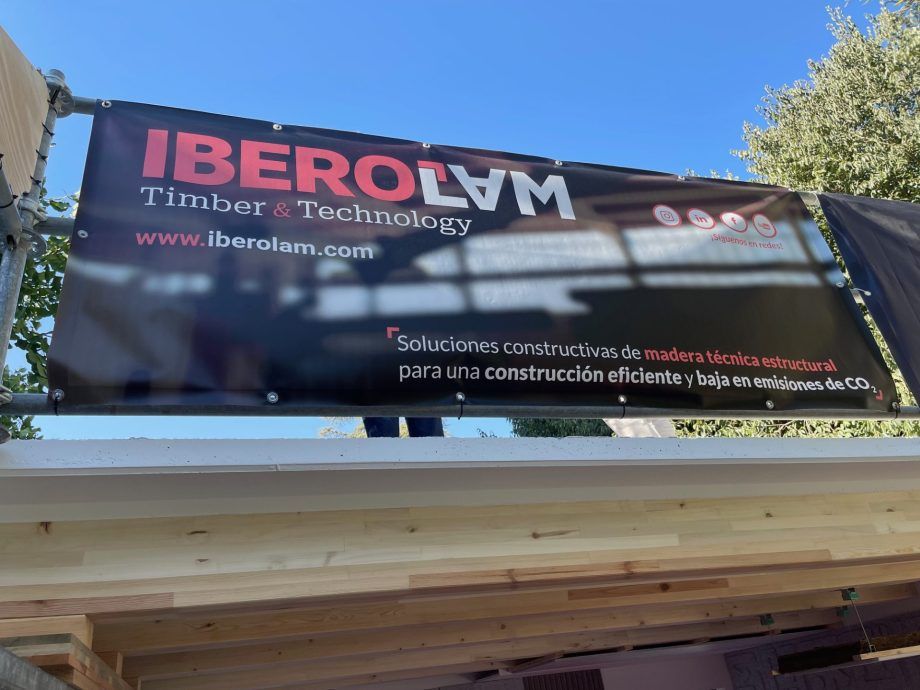
It is a lightweight system adapted to EU decarbonization requirements, ready to be installed by crane on site. The workstations are therefore moved from the construction site to the factory. At the exhibition, the prototype also showed different acoustic insulation systems to ensure high comfort and quality construction, installed by the Granada-based company Belios Ingeniería Acústica.
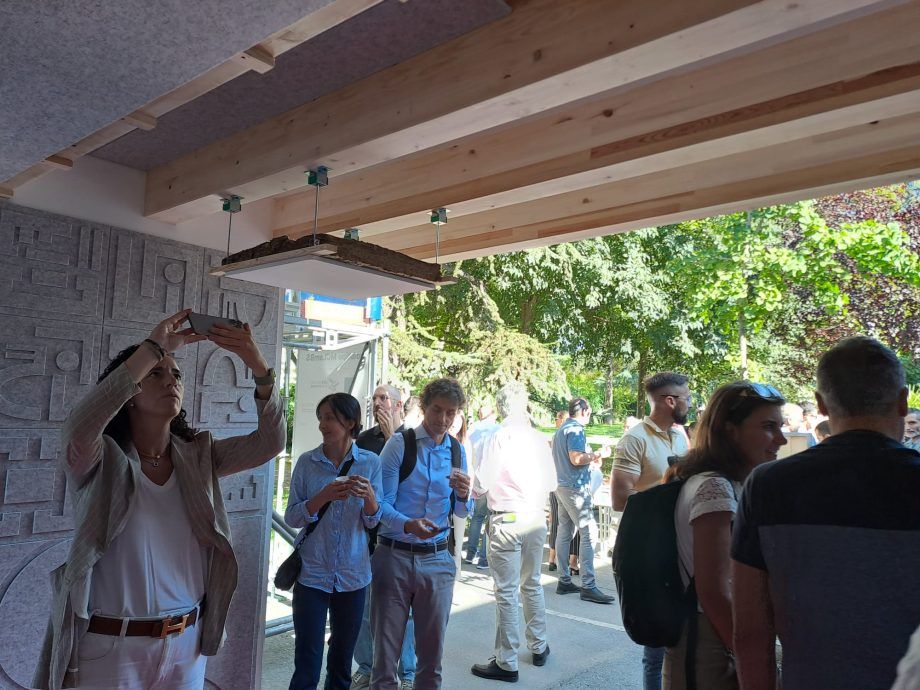
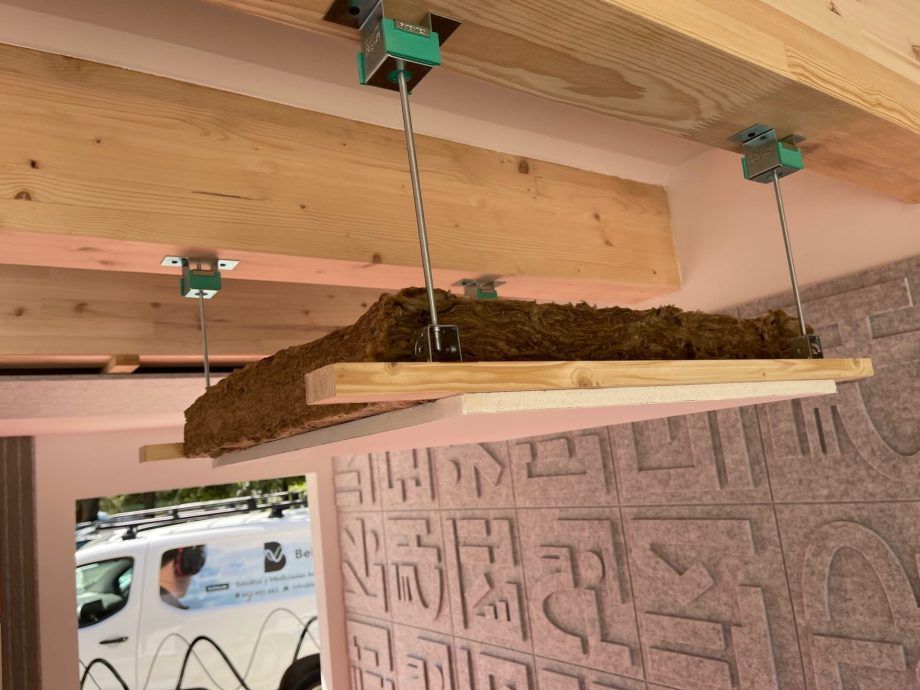
Once the exhibition is over, the prototype will be moved to the San Isidro Sugar Factory, where UIMA has its headquarters.
Main photo of the news: The UIMA-UGR team, in the load test of the IberoLam Timber&Technology mixed wood-concrete slab prototype, which was exhibited during the day. ©Jorge R. Puche
EXPLORING THE PATH OF HYBRIDIZATION
Manuel Guaita, PhD in Agricultural Engineering from the Polytechnic University of Madrid, Professor at the University of Santiago de Compostela and Director of PEMADE, Plataforma de Ingeniería de la Madera Estructural, explained at the conference that mixed wood-concrete beams make it possible to save greater spans in buildings than those that can be obtained using only CLT slabs.
And he explained how it is ideal to join these two materials so that they work together and the whole is efficient. Adding their greater benefits: stiffness (of concrete) and ductility (of wood).
The MCLamBS slab aims to decarbonize concrete structures by storing carbon in mixed wood-concrete structural systems, for a sustainable industrialized architecture in the new European Bauhaus. “With the MCLamBS slab we sequester less CO2 but, by using it, we add wood to the building and move towards a sustainable architecture for society,” concluded the director of PEMADE.
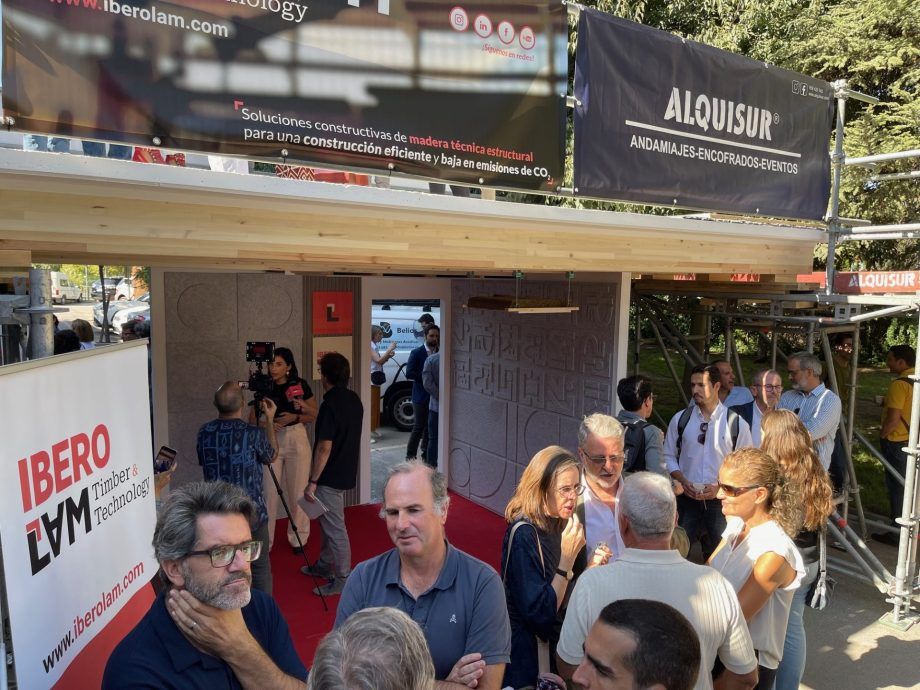



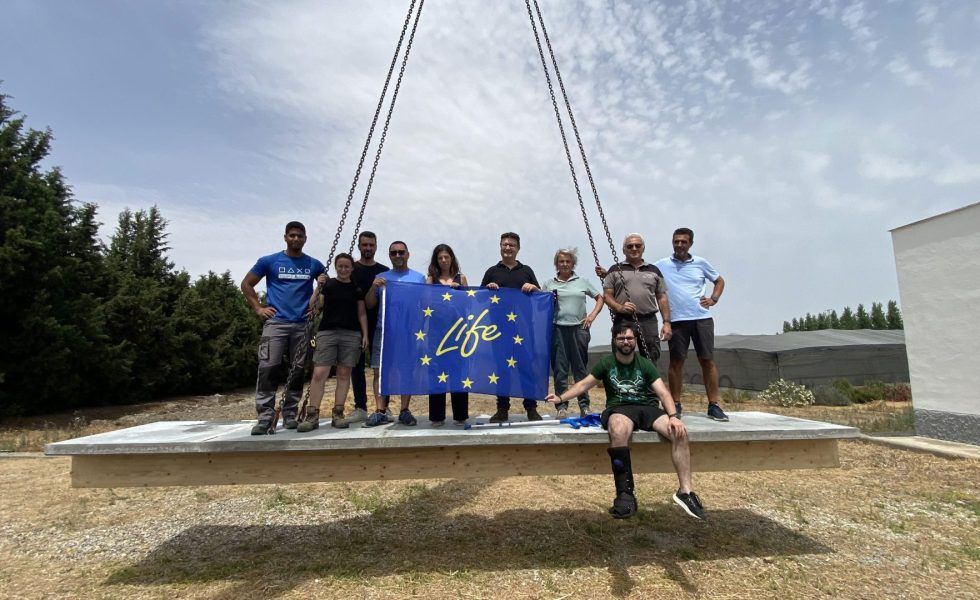

 MCLamBS is a lightweight system adapted to EU decarbonization requirements, ready to be installed by crane on site. Photos ©Madera-Sostenible.
MCLamBS is a lightweight system adapted to EU decarbonization requirements, ready to be installed by crane on site. Photos ©Madera-Sostenible.






